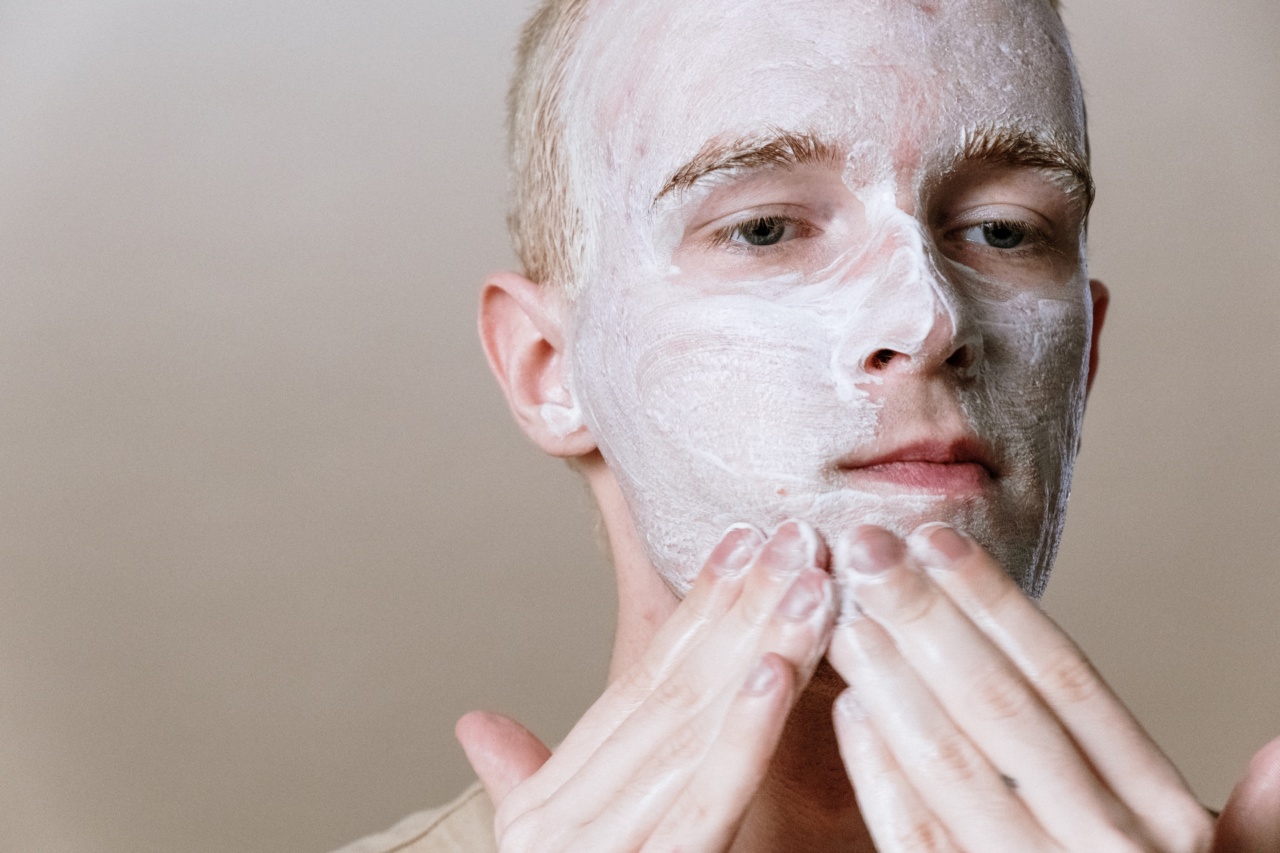Acne is a common skin condition that affects millions of people worldwide, and it is particularly prevalent during pregnancy. Many women experience changes in their skin during this period, including the development of acne.
Understanding the causes and potential treatments for acne in pregnancy is essential for maintaining healthy skin and overall well-being.
Causes of Acne in Pregnancy
Acne during pregnancy is primarily caused by hormonal fluctuations. The surge in hormones, especially androgens, can trigger excessive oil production and clog the pores, leading to acne breakouts.
Additionally, other factors such as stress, genetics, diet, and skincare routines may also contribute to the development of acne during pregnancy.
Prevalence of Acne in Pregnancy
Studies have shown that acne affects up to 50% of pregnant women. The severity of the condition can vary, with some women experiencing mild breakouts while others may have more severe and persistent acne.
The prevalence of acne is highest during the first and second trimesters when hormonal changes are most significant. However, acne can also occur during the postpartum period as hormones continue to readjust.
Managing Acne in Pregnancy
While it may be challenging to completely prevent or cure acne during pregnancy, several strategies can help manage and alleviate the symptoms:.
1. Gentle Skincare Routine
Using gentle, non-comedogenic cleansers and moisturizers can help maintain clean and hydrated skin. Avoid harsh products that can further irritate the skin and exacerbate acne breakouts.
2. Regular Cleansing
Wash your face twice a day with a mild cleanser to remove excess oil, dirt, and bacteria that can contribute to acne formation. Be gentle while cleansing to avoid further skin irritation.
3. Avoid Over-washing
Although it is important to keep the skin clean, over-washing can strip away the natural oils and cause the skin to produce more oil as a compensatory mechanism. Stick to a regular cleansing routine without excessive washing.
4. Stay Hydrated
Drinking an adequate amount of water throughout the day helps keep the skin hydrated and flushes out toxins. Well-hydrated skin is less prone to acne breakouts.
5. Eat a Balanced Diet
Opt for a diet rich in fruits, vegetables, lean proteins, and whole grains. Avoid excessive consumption of processed and sugary foods that can worsen acne.
Foods high in omega-3 fatty acids, such as salmon and walnuts, have anti-inflammatory properties that may help reduce acne symptoms.
6. Avoid Squeezing or Picking
Resist the urge to squeeze or pick at acne lesions as this can worsen inflammation, increase the risk of scarring, and potentially introduce infection. Instead, allow acne to heal naturally or consult a dermatologist for safe extraction methods.
7. Use Oil-Free Cosmetics
Choose oil-free, non-comedogenic cosmetics and skincare products to prevent clogging of pores. Look for labels indicating that the product is suitable for oily or acne-prone skin.
8. Consult a Dermatologist
If over-the-counter products and home remedies do not provide sufficient relief from acne, it is advisable to consult a dermatologist.
They can help evaluate the severity of the condition and recommend safe topical treatments or procedures that are suitable for pregnant women.
9. Stress Management
Stress can exacerbate hormonal imbalances and contribute to acne breakouts. Engaging in relaxation techniques such as yoga, meditation, or deep breathing exercises can help manage stress levels during pregnancy.
10. Monitor and Adjust Skincare
As the skin’s needs may change throughout pregnancy, it is crucial to monitor and adjust your skincare routine accordingly.
If certain products or ingredients worsen acne or cause irritation, it is best to discontinue their use or seek alternatives.
The Importance of Self-care
Dealing with acne during pregnancy can be emotionally challenging, as hormonal changes may already affect mood and self-esteem. Maintaining a positive outlook and practicing self-care are essential aspects of managing acne in pregnancy.
Remember that pregnancy is a temporary phase, and acne will likely subside after childbirth.
Conclusion
Acne during pregnancy is a common occurrence due to hormonal fluctuations and other contributing factors.
While it may be challenging to completely eliminate acne during this time, implementing a gentle skincare routine, following a balanced diet, managing stress levels, and seeking professional advice when necessary can help alleviate symptoms and promote healthier skin. With proper care and patience, it is possible to maintain a positive outlook and enjoy a smooth and clear complexion throughout pregnancy.






























